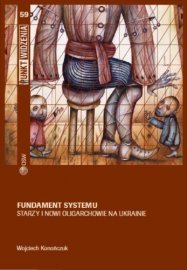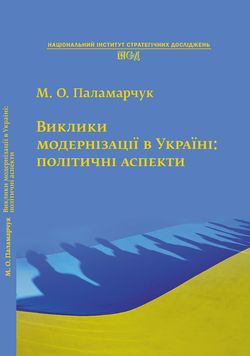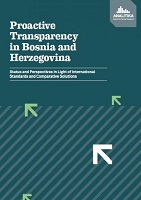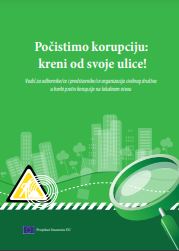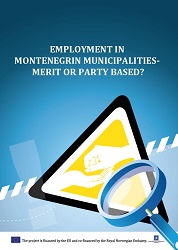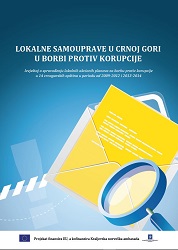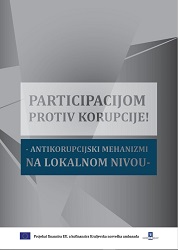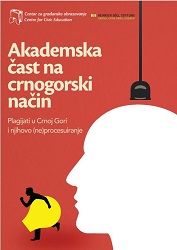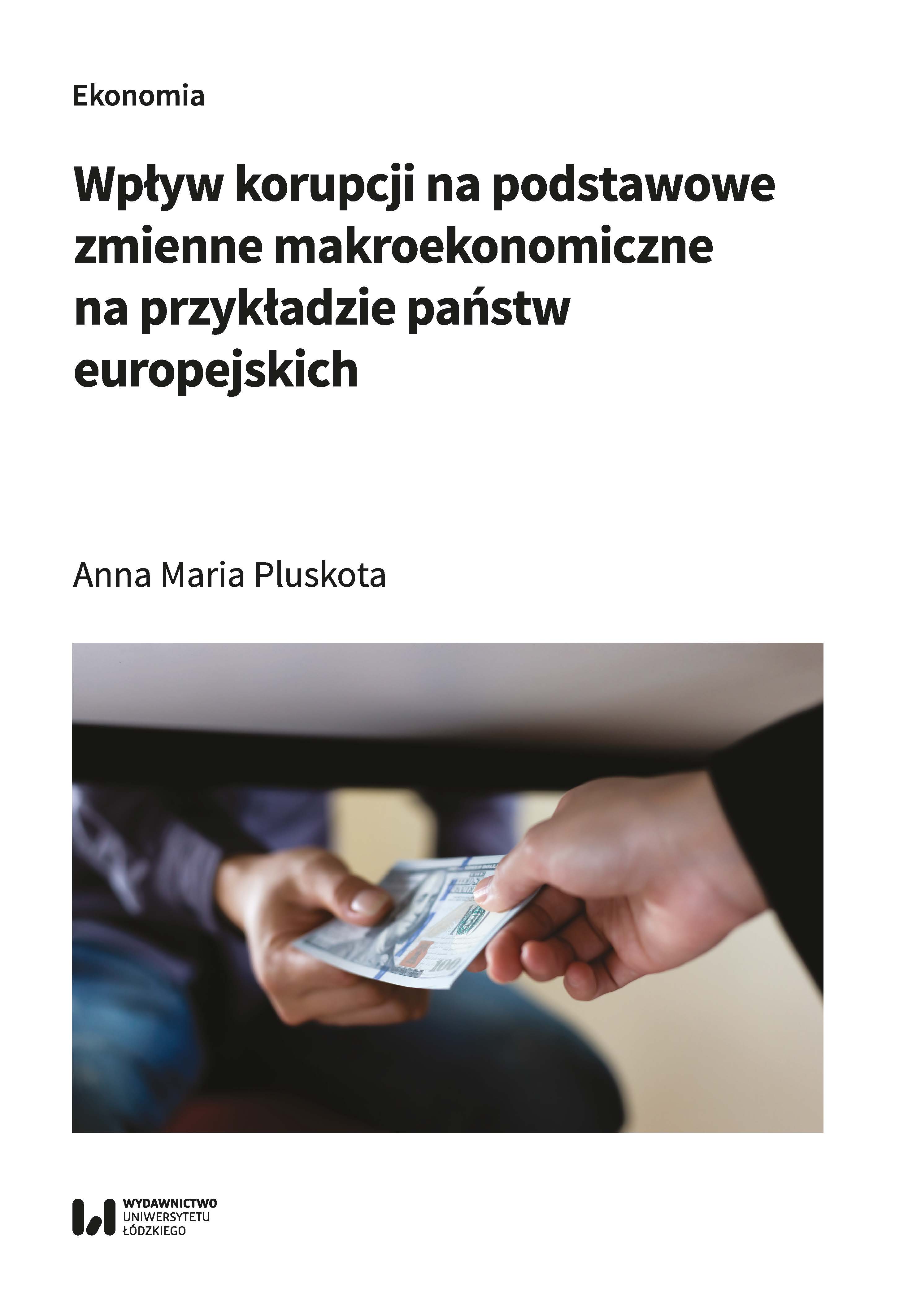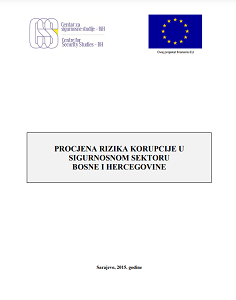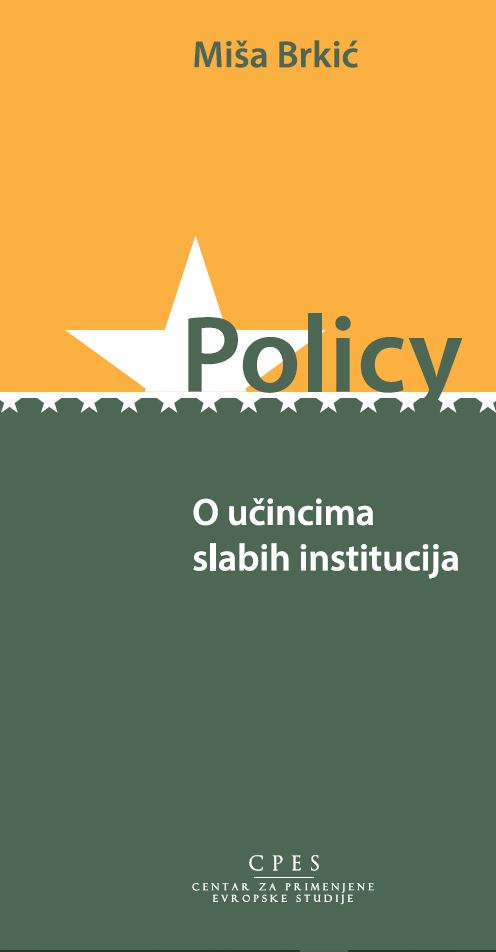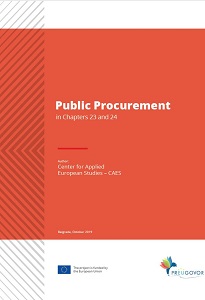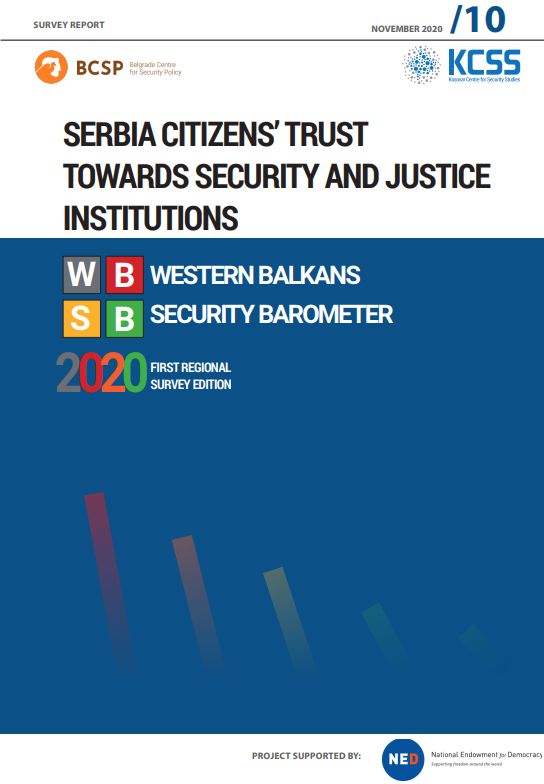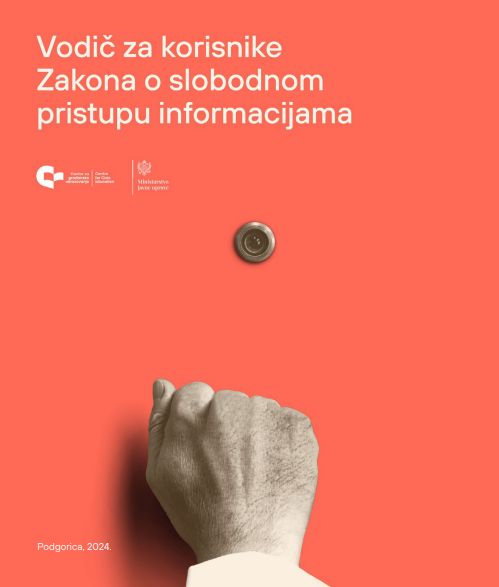Author(s): Zoran Stoiljković,Nikola Djonović,Daliborka Uljarević,Boris Marić / Language(s): Montenegrine
Svako smisleno i cjelovito bavljenje korupcijom sadrži bar četiri uža, formativna problemska kruga. Prvi, čini napor da se, polazeći od različitih teorijsko-metodoloških i disciplinarnih pristupa, definiše što je to korupcija. Drugi, predstavlja »mapiranje korupcije«, odnosno nastojanje da se odrede pojavni oblici, vrste i nivoi korupcije. Treći aspekt čini suočavanje, iza koprene privida i pseudokritika, sa silinom kontekstualnih i relativno trajnih motiva i uzroka korupcije. Tek tada slijedi izlaganje elemenata strategije: opštih i specifičnih ciljeva, polja primjene, korišćenih taktika i sredstava, uključujući i metode evaluacije, i najzad, ostvarivanja sinergije djelovanja aktera djelotvorne antikoruptivne strategije. Strategijom za borbu protiv korupcije i organizovanog kriminala za period 2010 - 2014 i Inoviranim akcionim planom za sprovođenje Strategije borbe protiv korupcije i organizovanog kriminala koji je Vlada Crne Gore donijela u julu 2011. godine, za oblast lokalne samouprave utvrđeni su strateški ciljevi, mjere, aktivnosti, nosioci aktivnosti, rokovi i indikatori uspješnosti realizacije mjera i aktivnosti za borbu protiv korupcije na lokalnom nivou. U cilju realizacije navedene mjere, formirana je Radna grupa sa zadatkom da pripremi Model usklađenog akcionog plana u čijem sastavu su bili predstavnici: Ministarstva unutrašnjih poslova, Zajednice opština, lokalne samouprave i Uprave za antikorupcijsku inicijativu. U izradi Modela usklađenog Akcionog plana pošlo se od strateških ciljeva utvrđenih Strategijom za borbu protiv korupcije i organizovani kriminal za period 2010 – 2014 i Inoviranim akcionim planom za sprovođenje Strategije borbe protiv korupcije i organizovanog kriminala (jul 2011. godine), kao i od mjera i aktivnosti koje su za lokalnu samoupravu utvrđene Modelom borbe protiv korupcije u lokalnoj samoupravi u oblasti uređenja prostora i izgradnje objekata. U definisanju mjera i aktivnosti, uzeti su u obzir i novi propisi koji imaju za cilj eliminisanje i sprječavanje korupcije na državnom i lokalnom nivou, kao što su: Zakon o izmjenama i dopunama Zakona o lokalnoj samoupravi, Zakon o izmjenama i dopunama Zakona o uređenju prostora i izgradnji objekata, Zakon o državnim službenicima i namještenicima, Zakon o unapređivanju poslovnog ambijenta, Zakon o slobodnom pristupu informacijama i drugi, kao i niz strateških i drugih dokumenata koji imaju za cilj jačanje lokalne samouprave i izgradnju njenih kapaciteta, kao i onih kojima se utvrđuju standardi javne etike koje treba da ispuni lokalna samouprava u ostvarivanju postavljenih reformskih ciljeva da bi postala „dobra lokalna samouprava”. Modelom usklađenog Akcionog plana, u okviru svakog od sljedećih strateških ciljeva, utvrđene su mjere (40 mjera) i aktivnosti (103 aktivnosti), nosioci aktivnosti, rokovi za realizaciju i indikatori postignutih rezultata. Strateški ciljevi u okviru kojih se utvrđuju mjere i aktivnosti: 1. Povećan stepen odgovornosti i profesionalizma rada lokalne samouprave; 2. Poboljšana transparentnost u procesu planiranja, donošenja akata i njihovom sprovođenju uz poštovanje principa participativnosti; 3. Pojačana unutrašnja i spoljašnja kontrola rada lokalne samouprave; 4. Jačanje integriteta jedinica lokalne samouprave i primijena etičkih standarda u lokalnoj samoupravi; 5. Stvaranje uslova i podsticanje civilnog i privatnog sektora da se uključe u borbu protiv korupcije na lokalnom nivou; 6. Monitoring lokalnog akcionog plana za borbu protiv korupcije. Ovi strateški ciljevi su formalno dobro postavljeni. Problemi se javljaju u praksi. Lokalne samouprave su naglašeno uniformno kreirale svoje akcione planove, nedovoljno ili nimalo ne ulazeći u analizu specifičnosti same lokalne samouprave. Sa druge strane, kod ranijih izvještavanja o učincima, rezultatima utvrđenih mjera korišćene su različite forme, što proces procjene učinkovitosti u prethodnom periodu čini izazovnim, posebno u dijelu utvrđivanja pravilnosti, komparativnih mjerila i mogućnosti borbe protiv korupcije na lokalnom nivou. Zanimljivo je i obeshrabrujuće da su lokalne samouprave u utvrđivanju mjera i aktivnosti izostavljale kategorije koje spadaju u visokorizične za pojavu korupcije, kao što su: javne nabavke, javnoprivatno partnerstvo, koncesije i urbanizam. Strategija borbe protiv korupcije na lokalnom nivou očigledno je primarno bila usmjerena na izradu raznih dokumenata, povećanje integriteta i razne vrste monitoringa. Izostala je konkretna akcija, pa su samim tim izostali i konkretni rezultati, a pomaci koji su učinjeni su kozmetičke prirode. Stoga, ostaje još puno da se radi na osposobljavanju organa lokalne samouprave za borbu protiv korupcije u skladu sa zahtjevima procesa pregovora sa EU, ali i ukupnom demokratizacijom društva. Lokalne samouprave će u tom pogledu igrati značajnu ulogu, a kako proces decentralizacije bude dalje tekao sve više skretati pažnju javnosti i evropskih partnera na karakter i kvalitet svog rada. U velikom poslu borbe protiv korupcije, treba svako da počne od onog što mu je najbliže i da u tome ostvari saradnju svih zainteresovanih strana, odnosno maksimalno iskoristi raspoložive kapacitete. I u namjeri da se počisti korupcija, svako treba da krene, simbolički rečeno upravo od svoje ulice!
More...
